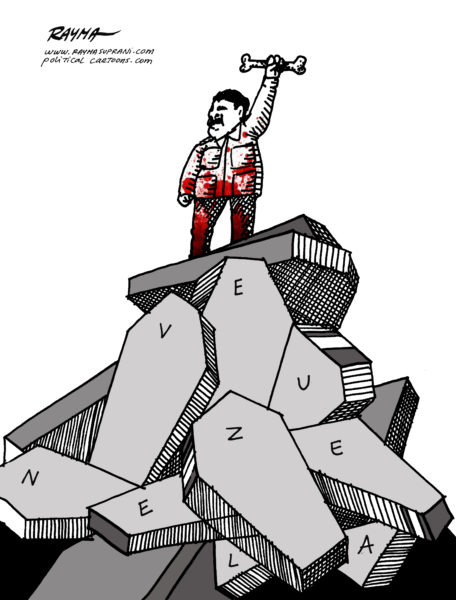
Retrieved
On July 28, up to twenty-one million Venezuelans will vote in a significant presidential and vice-presidential election, the most open contest in over a decade. The election pits incumbent President Nicolás Maduro, seeking a third six-year term, against leading opposition candidate Edmundo González Urrutia and eight other contenders. Maduro’s tenure has seen severe economic decline, with the GDP shrinking by approximately three-quarters and widespread poverty affecting over 80% of the population. This period also saw the migration of nearly eight million Venezuelans, escaping dire conditions to primarily other Latin American and Caribbean countries, with nearly three million now residing in Colombia. Edmundo González Urrutia, backed by the main opposition coalition Unitary Platform, currently leads in independent polls. His proposals include restoring democratic institutions, freedom of expression, and releasing political prisoners. Economically, González Urrutia supports significant reforms including privatizing state-owned enterprises and seeking international loans to address an estimated $150 billion debt. Conversely, Maduro has seen his support diminish, as his administration faces international scrutiny and has reluctantly agreed to a competitively monitored election in exchange for lifted sanctions on the oil sector. The stakes are high; a win for González Urrutia may revitalize democracy in Venezuela and stabilize the economy, while Maduro’s victory might lead to continued authoritarian governance and further emigration. Migration trends show many Venezuelans fleeing the country, with significant numbers reaching the United States. The election occurs following years of election boycotts and manipulated processes, now under international oversight, presenting a rare opportunity for change in Venezuela’s political landscape. The Venezuelan supreme court banned Machado’s candidacy in January 2024. The main opposition parties endorsed González Urrutia, but the government blocked Machado’s replacement just before the registration deadline, leading the U.S. to reinstate sectoral sanctions. The prospect of free and fair elections is questionable, with the government likely to suppress votes, arrest journalists, and disqualify candidates. Around eight million eligible voters are unregistered due to technical and administrative barriers, and few international monitors will oversee the elections. The government has increased attacks and arrests of opposition supporters and journalists. Potential election outcomes include a relatively free and fair election where Maduro could lose, a manipulated result where Maduro wins, or a scenario where González Urrutia is disqualified. González Urrutia has strong polling numbers, but low voter turnout and Maduro’s control over government resources and media could tilt the election in his favor. If Maduro loses, legal protections and international pressure might influence a peaceful transition, but dominance over judiciary and security forces could enable him to contest unfavorable results. Original text by Expert Brief by Shannon K. O’Neil and Julia Huesa. published in -> CouncilofForieignRelations
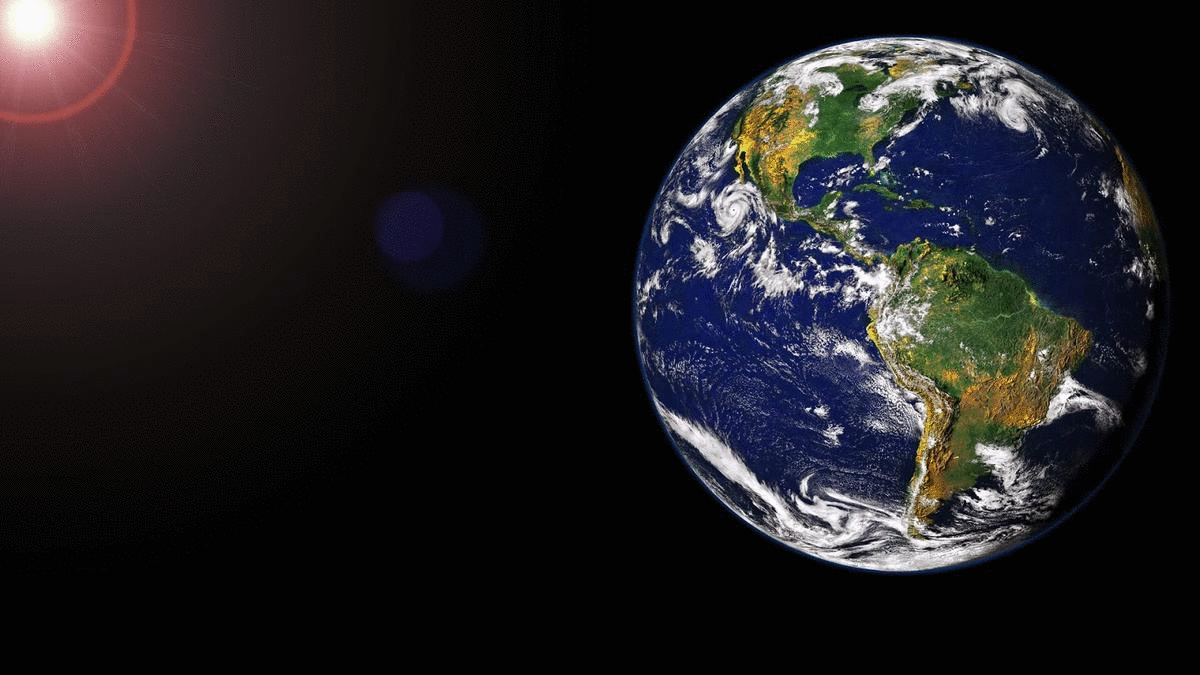
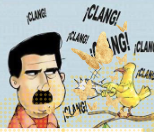
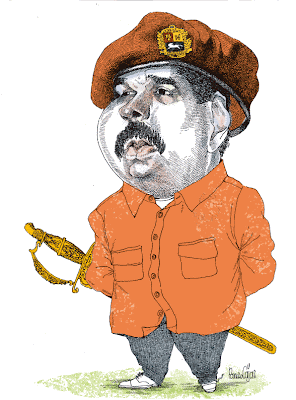
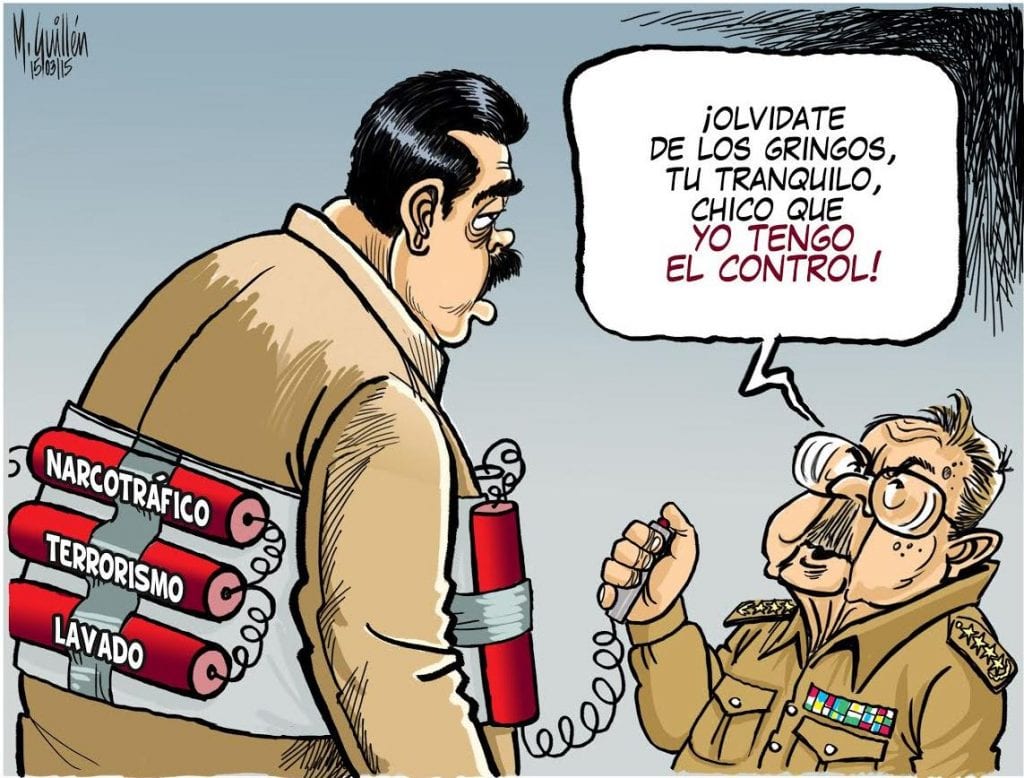
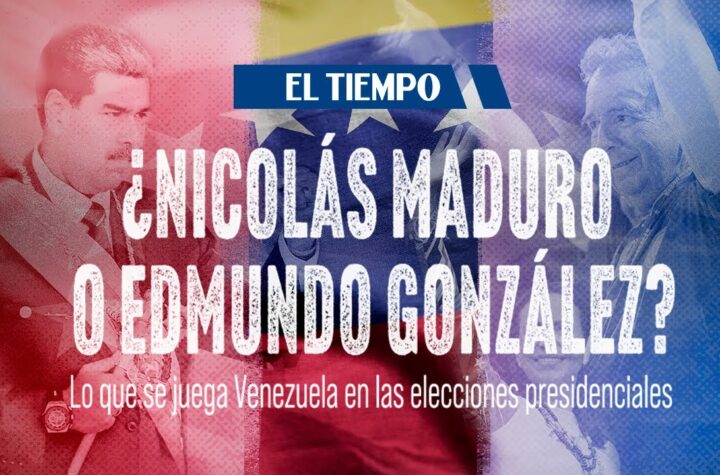
More Stories
Venezuela, elecciones entre pajaritos y mariposas
Maduro seeks to bolster military support ahead of next election
¿Qué hará Cuba el 28 de julio?